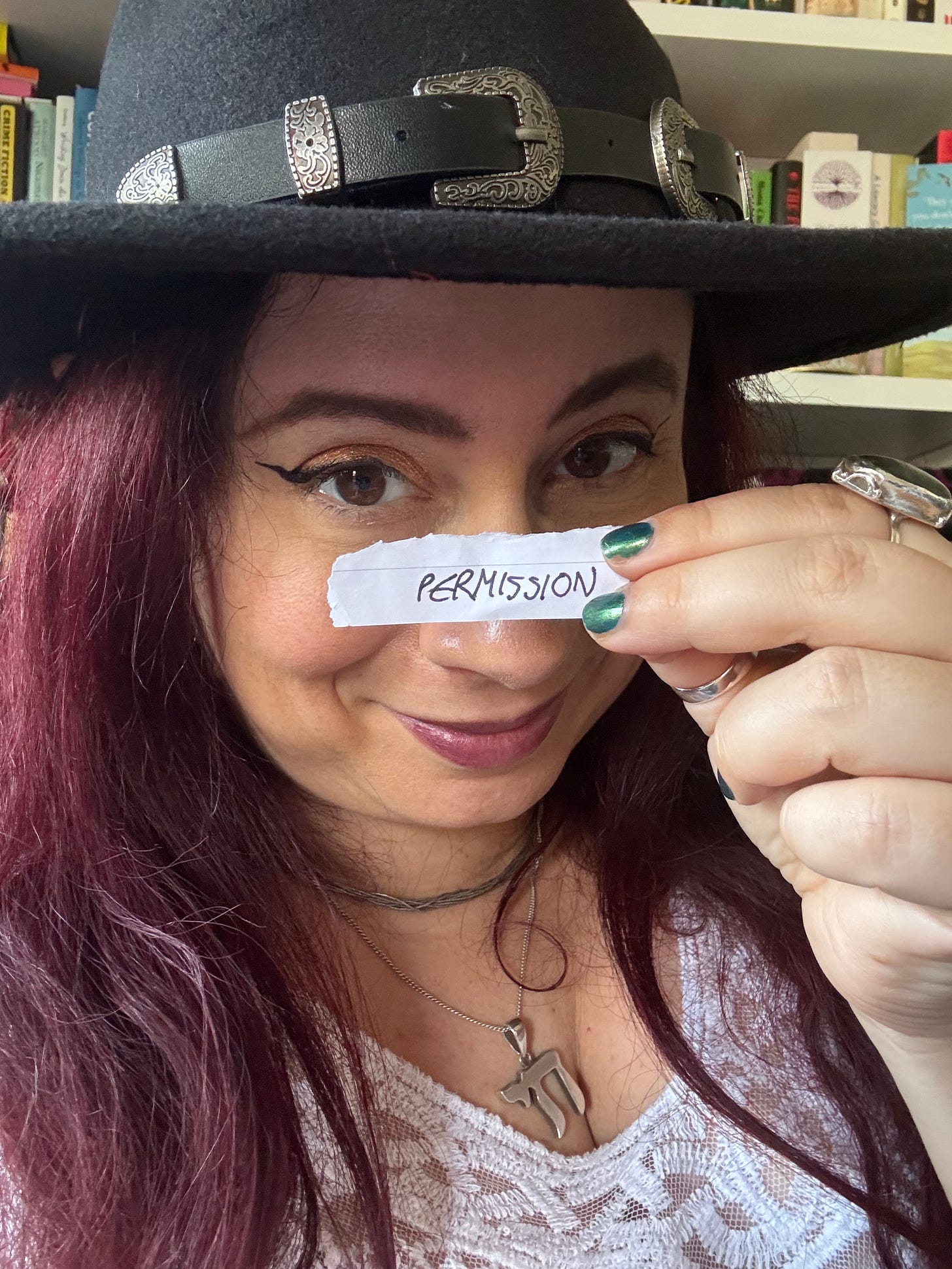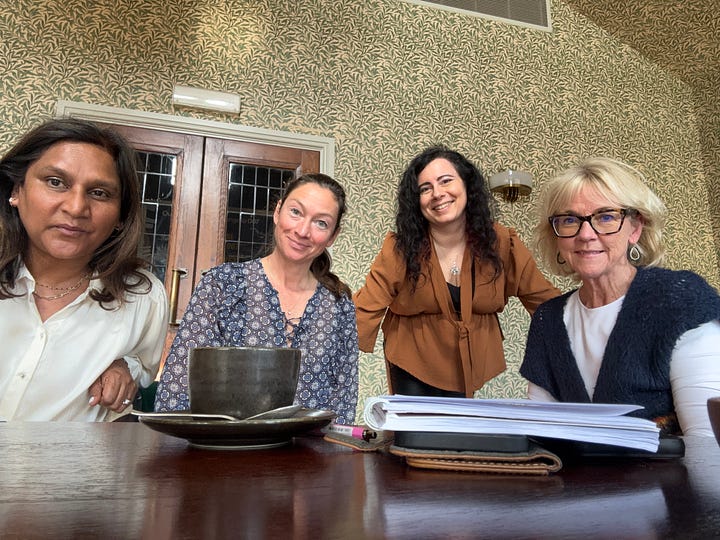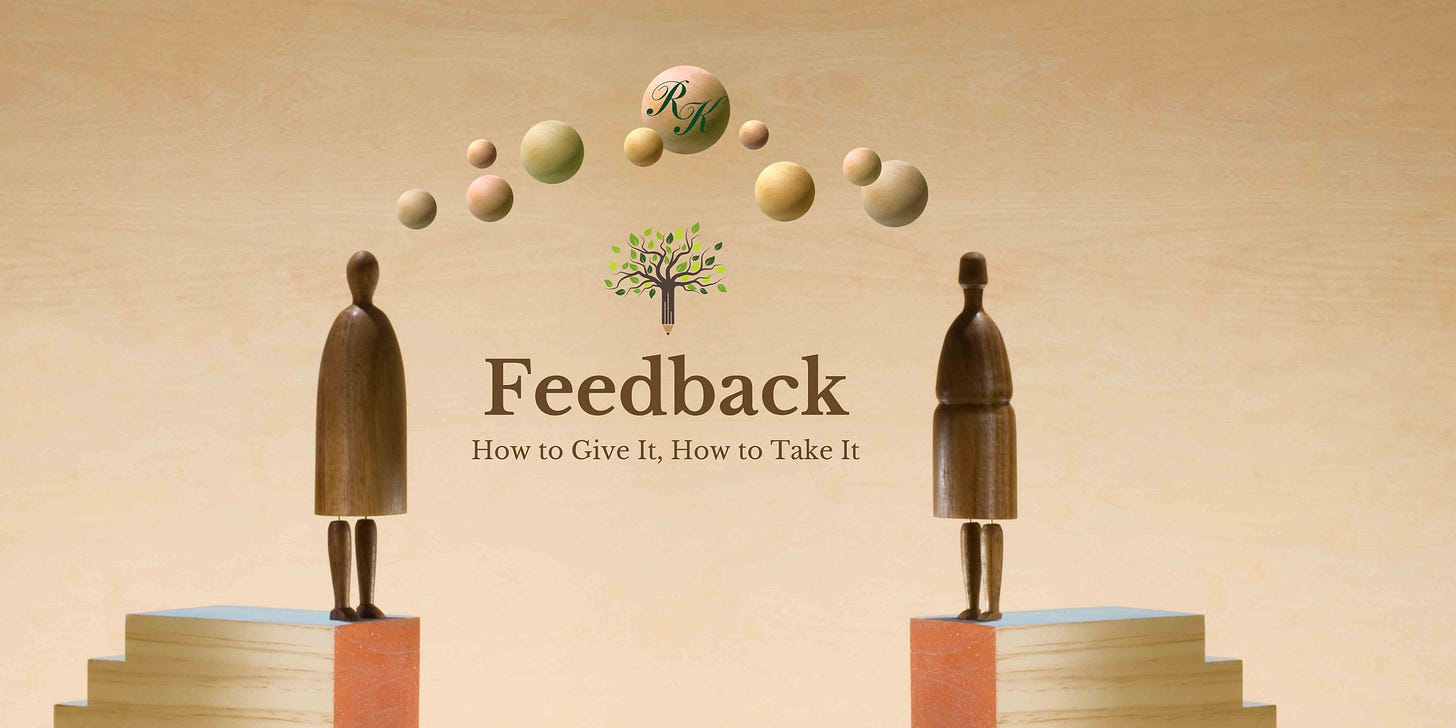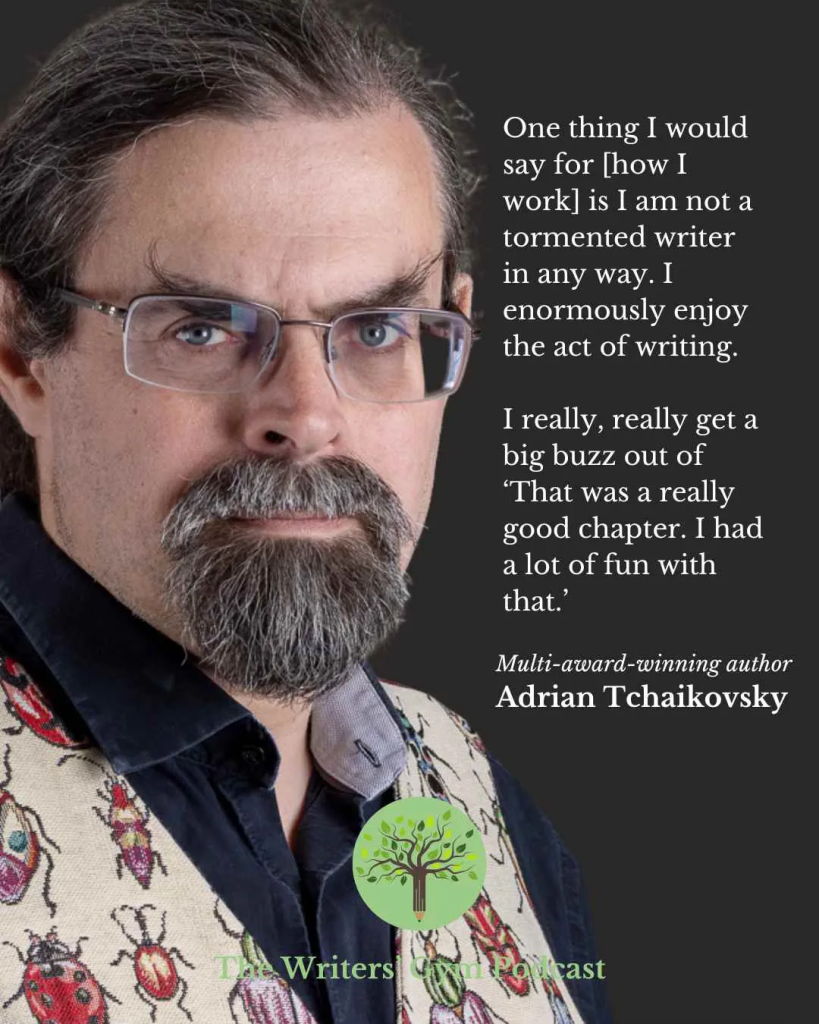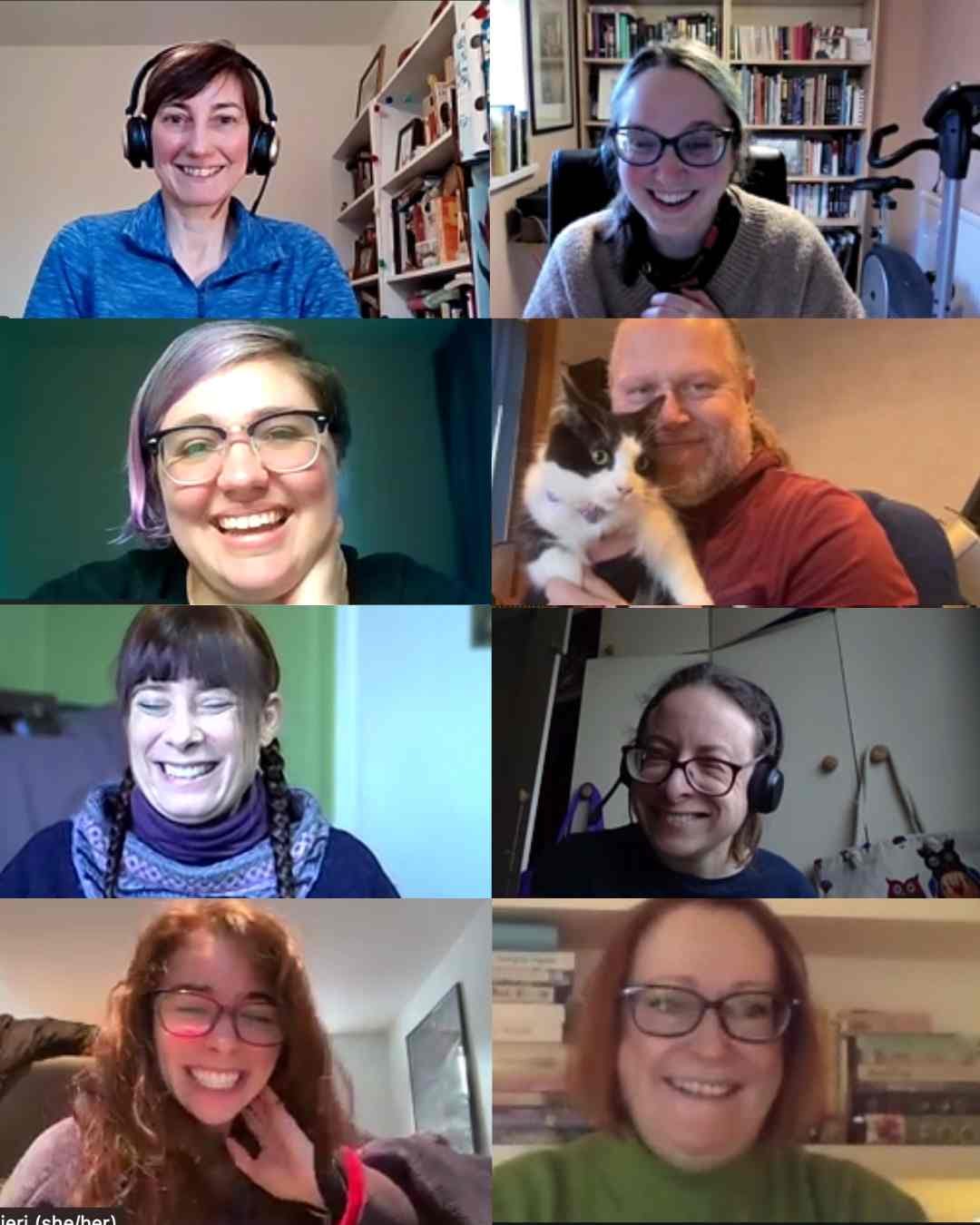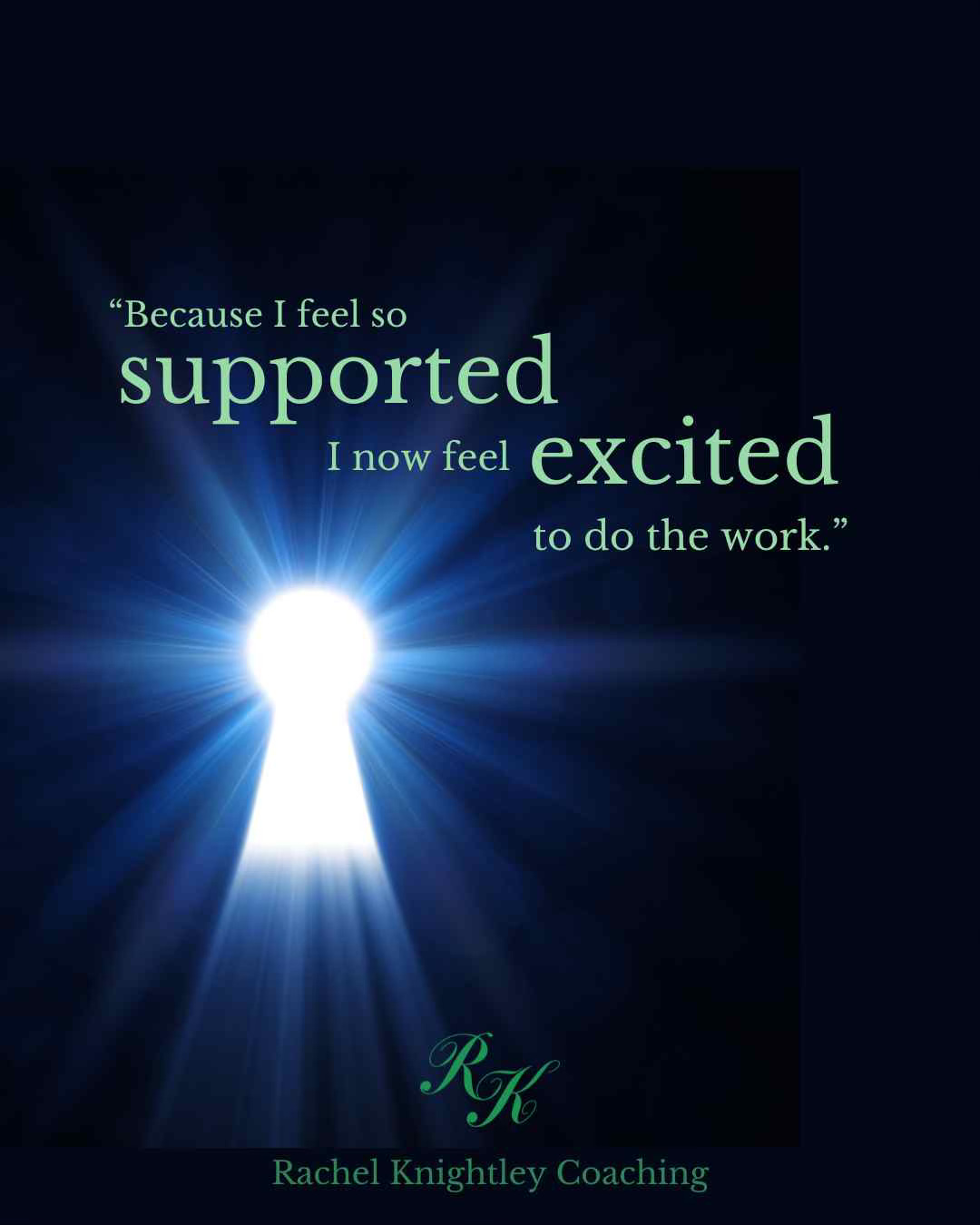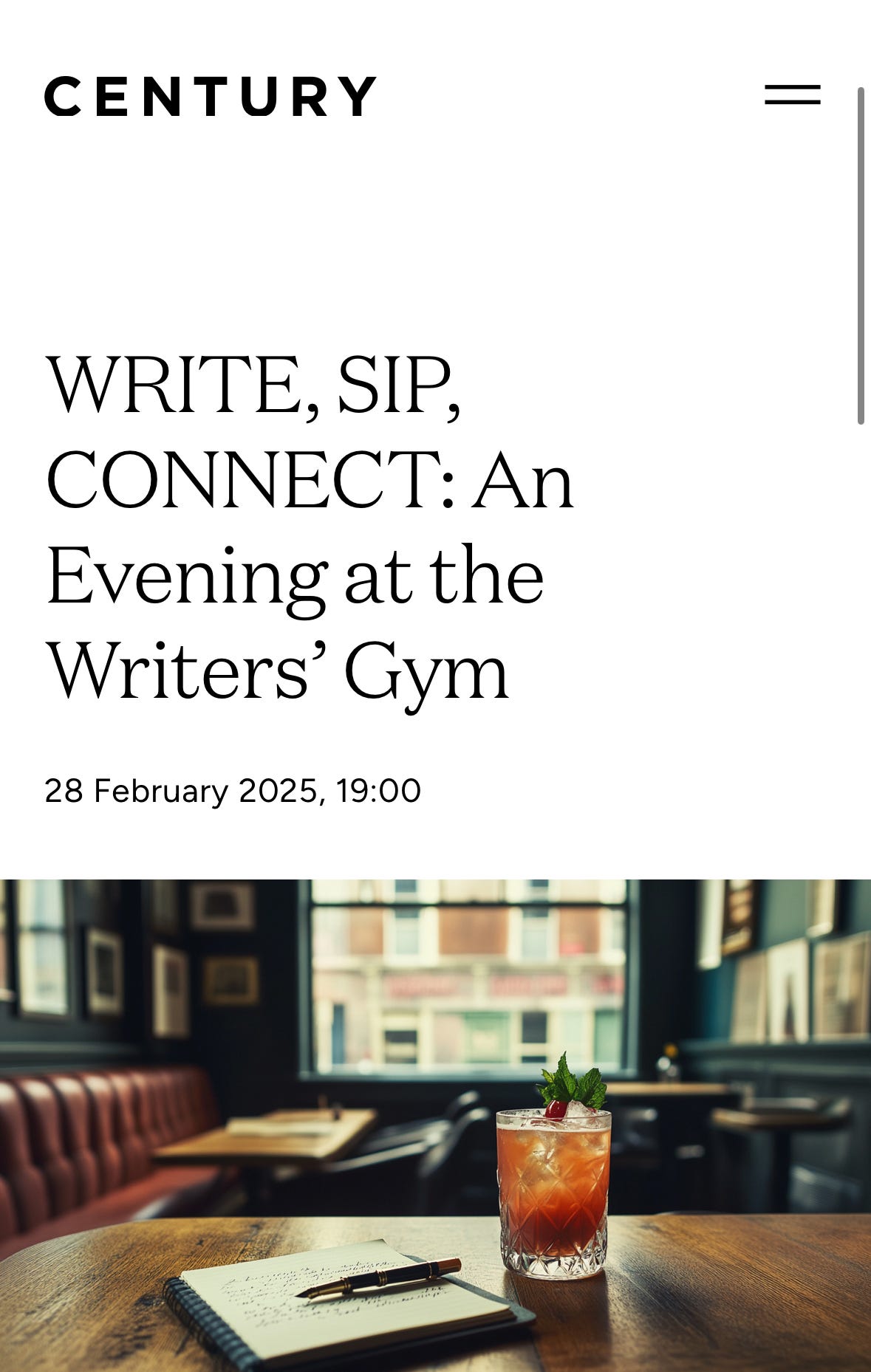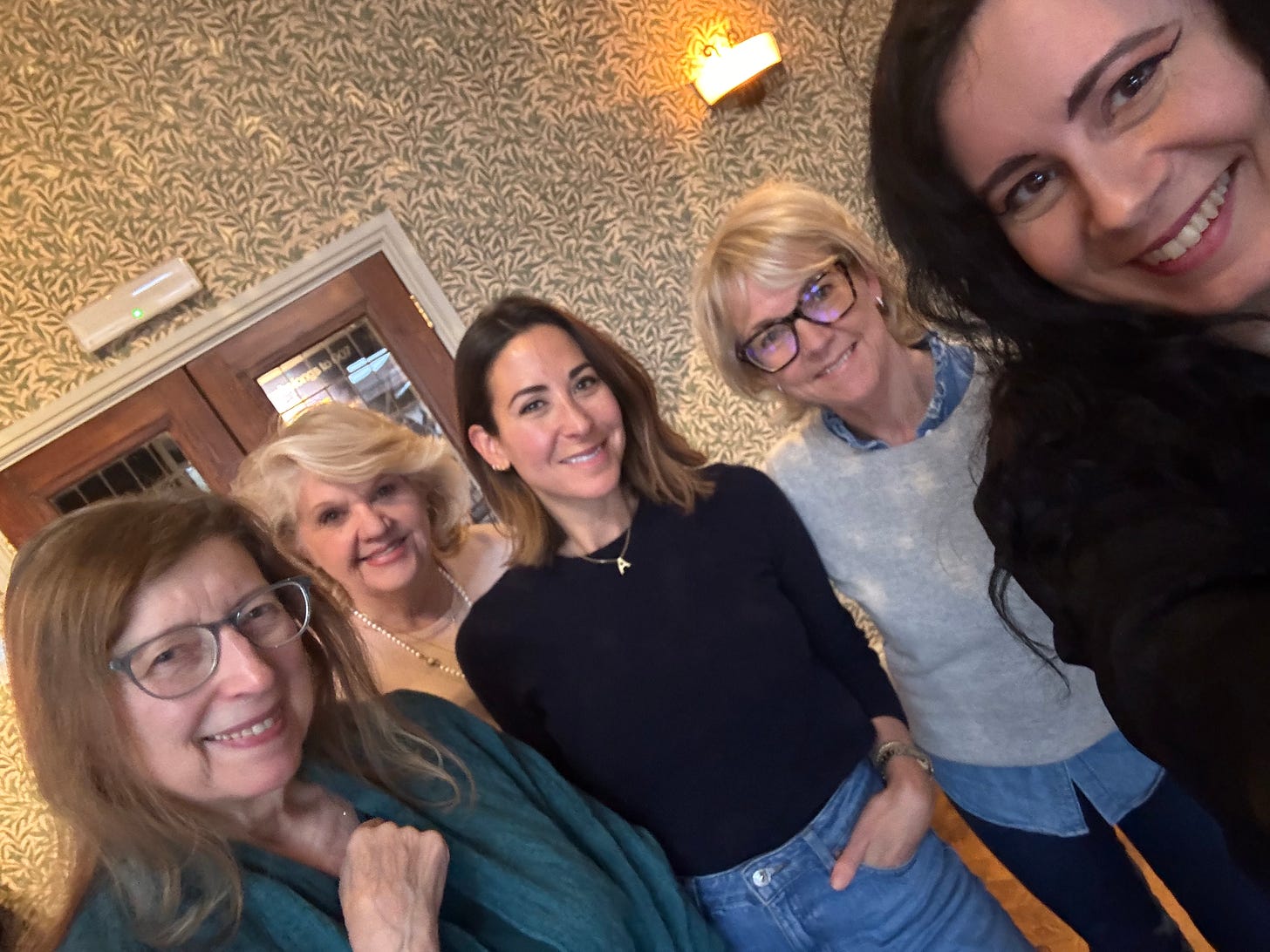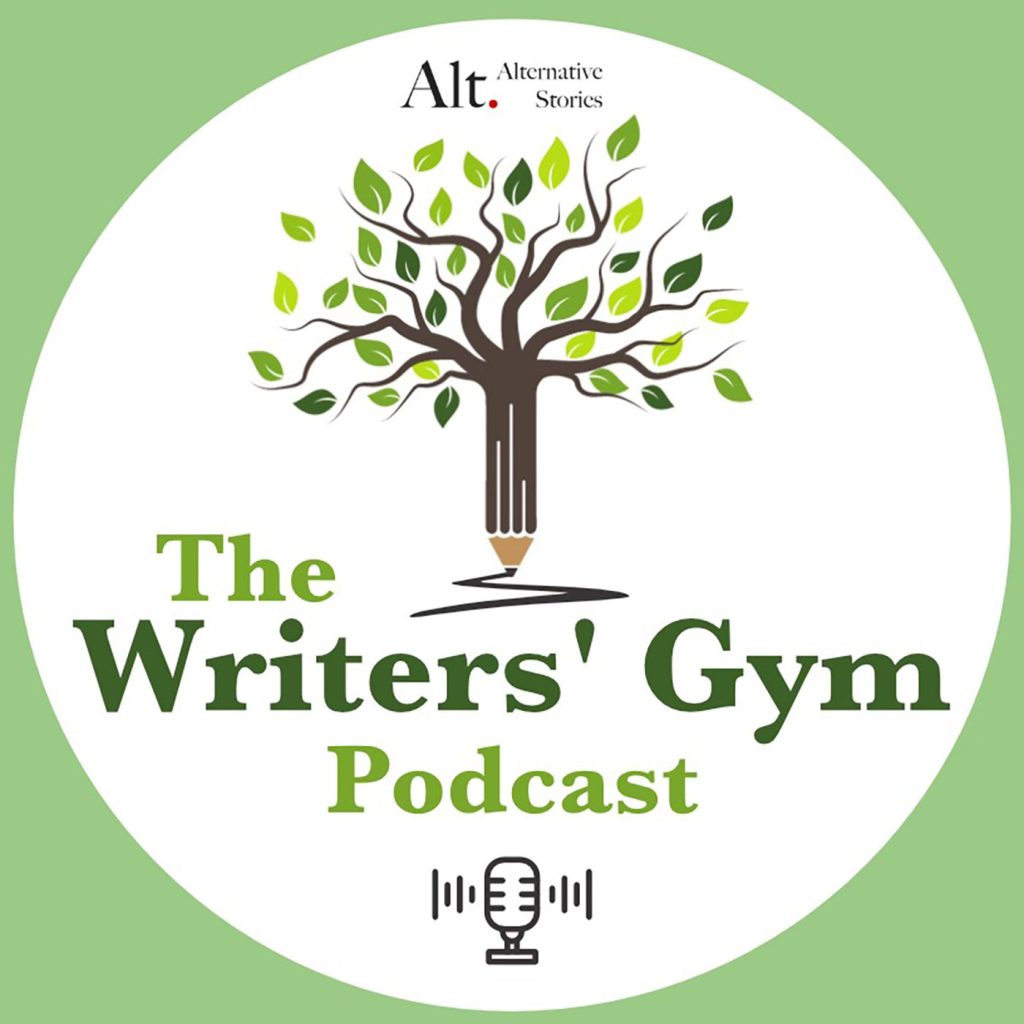
Award-winning poet, long and short fiction author, performer and vocalist with the March Violets, Rosie Garland talks to Dr Rachel Knightley about curiosity, creative confidence – and taking on the world eyebrows first! She is the author of The Palace of Curiosities (which won the Mslexia Novel Competition and was longlisted for the Desmond Elliott Prize), Vixen and The Night Brother, which was described by The Times as “a delight…with shades of Angela Carter.” Her new novel, The Fates (Quercus) is a retelling of the Greek myth of the Fates. Her latest poetry collection, What Girls do in the Dark (Nine Arches Press), was shortlisted for the 2021 Polari Prize. Val McDermid has named her one of the most compelling LGBT+ writers in the UK today. In 2018-2019 she was inaugural Writer-in-Residence at The John Rylands Library, Manchester, and in 2023 was made a Fellow of The Royal Society of Literature.
For a writing workout based on Rosie’s interview with Rachel, scroll down or visit WritersGym.com to download every Writing Workout in the series.
Find out more about Rosie at http://www.rosiegarland.com
Join our mailing list at drrachelknightley.substack.com or get in touch at thewritersgym@rachelknightley.com
Writing Workout based on Rosie’s interview
Warm-up: Rachel’s ‘Excuses Bingo’ Grid
Make a massive noughts and crosses board on your page. Each square just needs to be to be big enough to write a sentence in. Throw all of the phrases that come up: ‘What if it’s too boring?’ ‘What if it’s too weird?’ ‘I’m not that kind of writer.” ‘X is better than me.’ Whatever your brain might throw at you.
Go through them all, and use ‘What if’ to find the positive opposite (spoiler alert: it’s going to be true!). For example, ‘What if it’s too weird?’ might have as its positive opposite ‘What if this is the book that saved somebody’s life?’
Exercise 1: The Craft of Gentleness
“I strive to do is show myself the gentleness that I show to other writers. I mean one thing I absolutely love and which feeds and nourishes me is being a mentor for other writers. I come to mentoring with an attitude of acceptance and warm encouragement and cheerleading and something I try to do for myself. It’s sometimes a struggle because of that classic one of like the hardest, the person who’s hardest in the world is you on yourself.” Rosie Garland
- Listening
Choose to listen to when the voices of self-criticism come:
- If there is a fear, what would it be? If the thing it’s criticising represents a step forward, what if that voice needs your reassurance instead of obeying it?
- Choosing
Now you know it isn’t a fact, put the what the voice on your Excuses Bingo grid. Note the time reference (you might just find it flies past the window the same time tomorrow!).
Exercise 2: The Art of Randomness
“Go and pick up three random books, four if you’re feeling particularly adventurous. They could be recipe books, How to Fix Your Chainsaw or the novels of Jane Austen. Take the three books, open them up at a random page. Pick a random line: close your eyes, stick a finger in and basically with all three books pick out about between three and five random phrases, write them down and then use them as springboards for writing anything and try to get all five in.”
Rosie Garland
Cool-down Exercise: Be Surprised
“The thing about giving yourself permission to, you know, throw it all away when you’ve done it. was literally just, was exercising the writing muscles. Again, one of the reasons I do writing in the morning, apart from the fact I’m a morning person and I know not everyone else is, is it is like going to the gym. A… writer’s gym? I see what I did there. Who would have thought?” Rosie Garland
If there was one new creative habit you could bring into this week, what would it be?
